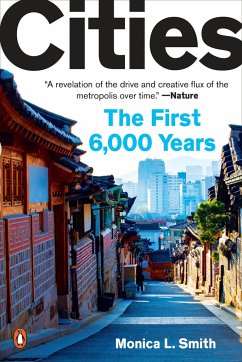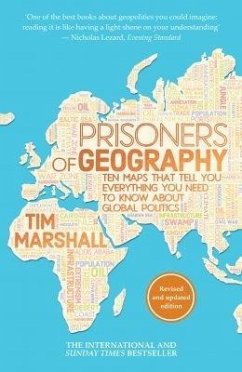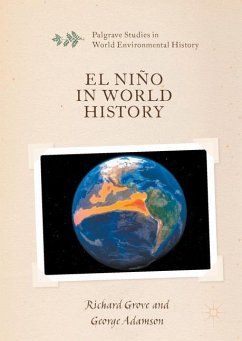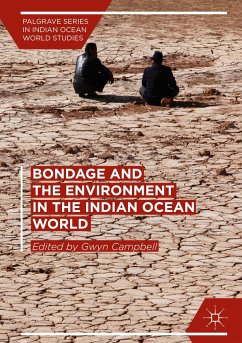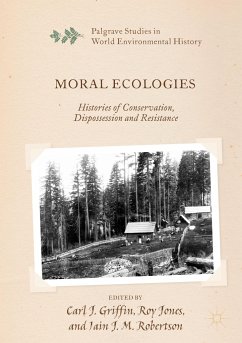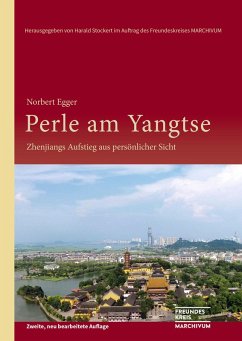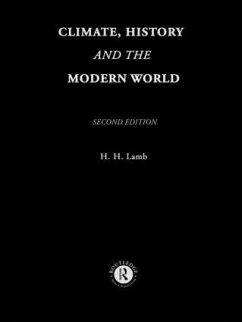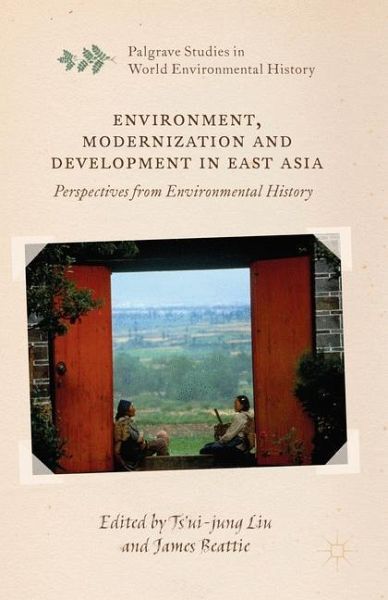
Environment, Modernization and Development in East Asia
Perspectives from Environmental History
Herausgegeben: Liu, Ts'ui-jung; Beattie, James
Versandkostenfrei!
Versandfertig in 6-10 Tagen
38,99 €
inkl. MwSt.

PAYBACK Punkte
19 °P sammeln!
Environment, Modernization and Development in East Asia critically examines modernization's long-term environmental history. It suggests new frameworks for understanding as inter-related processes environmental, social, and economic change across China and Japan.





